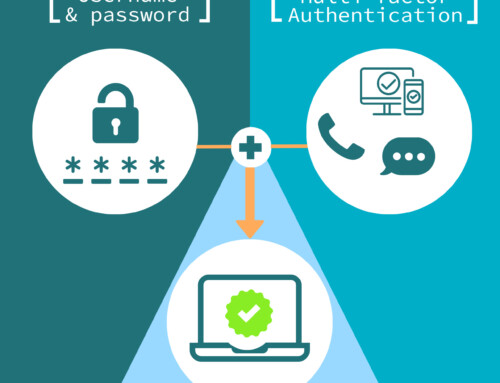If you’re a business owner or organization representative in Seattle, you know how important it is to have reliable IT services. From managing your network to ensuring your data is secure, IT plays a critical role in the success of your business. In this guide, we’ll explore the top IT services available in Seattle, including managed services, cloud computing, and more.
What are IT Services and why would I need them?
IT services refer to the management and support of information technology systems and infrastructure. This includes everything from network management and security to software installation and maintenance. As businesses increasingly rely on technology to operate, having reliable IT services is crucial to ensure smooth operations and protect sensitive data. IT services can also help businesses stay up-to-date with the latest technology trends and innovations, giving them a competitive edge in their industry.
What Types of IT Services are available?
Seattle offers a wide range of IT services to meet the needs of businesses of all sizes and industries. Some of the most common types of IT services available in Seattle include managed services, cloud computing, network security, data backup and recovery, software installation and maintenance, and IT consulting. Managed services providers can offer comprehensive IT support, including help desk support, network monitoring, and proactive maintenance to prevent issues before they occur. Cloud computing services allow businesses to store and access data and applications remotely, while network security services help protect against cyber threats and data breaches. Data backup and recovery services ensure that critical data is protected and can be quickly restored in the event of a disaster. IT consulting services can help businesses develop and implement technology strategies to improve efficiency and productivity.
What are the Benefits of Managed IT Services?
Managed IT services offer a range of benefits for businesses of all sizes. One of the biggest advantages is the ability to outsource IT support, which can save time and money compared to hiring an in-house IT team. Managed services providers can also offer proactive maintenance and monitoring to prevent issues before they occur, reducing downtime and improving productivity. Additionally, managed IT services can provide access to the latest technology and expertise, helping businesses stay competitive in their industry. Overall, managed IT services can help businesses streamline their operations and focus on their core competencies, while leaving the technology to the experts.
Cloud Computing has many advantages.
Cloud computing is a popular IT service that allows businesses to store and access data and applications over the internet, rather than on local servers or personal devices. This offers a range of advantages, including increased flexibility, scalability, and cost-effectiveness. With cloud computing, businesses can easily scale their IT resources up or down as needed, without having to invest in expensive hardware or software. Additionally, cloud computing can improve collaboration and productivity, as employees can access data and applications from anywhere with an internet connection. Finally, cloud computing can enhance data security and disaster recovery, as data is stored in secure, off-site locations with redundant backups. Overall, cloud computing is a powerful tool for businesses looking to improve their IT infrastructure and stay ahead of the competition.
Finally, how to choose the right IT Service Provider for your organization.
Choosing the right IT service provider for your business can be a daunting task, but it’s essential to ensure that your technology needs are met and your business runs smoothly. Start by assessing your business’s IT needs and budget, and then research potential providers to find one that offers the services and expertise you require. Look for a provider with a proven track record of success, strong customer support, and a commitment to staying up-to-date with the latest technology trends. Don’t be afraid to ask for examples to see how the provider has helped other businesses in your industry. Finally, make sure the provider offers a clear and transparent pricing structure, with no hidden fees or surprises.
































